Home>Articles>What Sherwin Williams Paint Is Best For Interior Walls
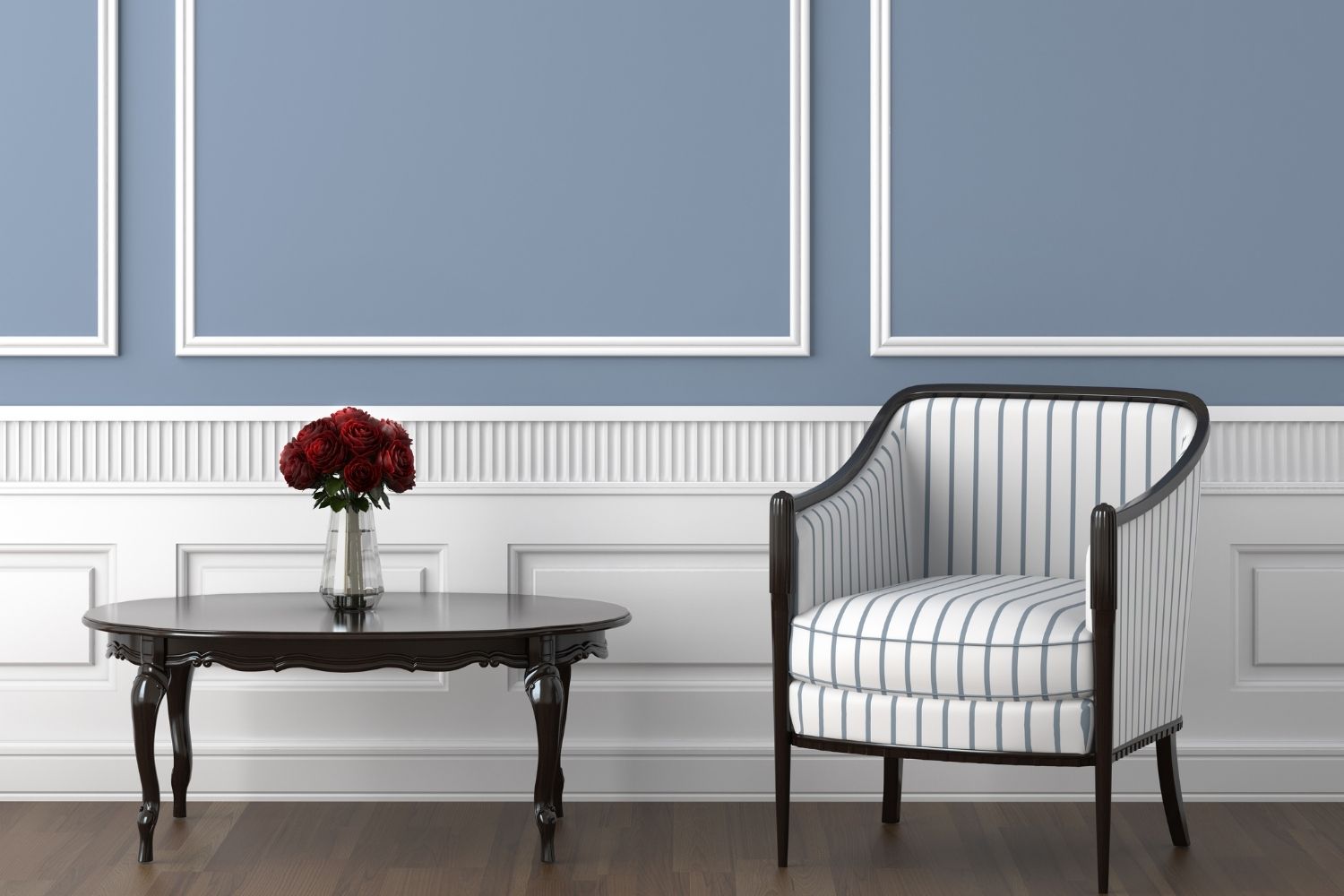

Articles
What Sherwin Williams Paint Is Best For Interior Walls
Modified: April 22, 2024
Looking for the best Sherwin Williams paint for your interior walls? Check out our informative articles for expert recommendations and tips to transform your space.
(Many of the links in this article redirect to a specific reviewed product. Your purchase of these products through affiliate links helps to generate commission for Storables.com, at no extra cost. Learn more)
Introduction
Welcome to the world of interior design, where every wall is a canvas waiting to be transformed into a work of art. When it comes to painting interior walls, one brand stands out for its quality, durability, and vast range of colors: Sherwin Williams. With over 150 years of expertise, Sherwin Williams has become a trusted name in the paint industry.
Choosing the right paint for your interior walls is essential for creating the perfect ambiance and bringing your vision to life. Whether you’re looking for a bold statement or a subtle backdrop, Sherwin Williams offers a wide selection of paints that cater to various needs and styles.
In this article, we will explore the factors to consider when choosing Sherwin Williams paint for interior walls, the different types of Sherwin Williams paints available, the best colors for interior walls, and application techniques to achieve a professional finish. So let’s dive in and discover the world of Sherwin Williams paint!
Key Takeaways:
- Choose the perfect Sherwin Williams paint for your interior walls by considering factors like paint type, finish, color selection, environmental impact, and budget. Their wide range of options ensures you’ll find the ideal paint for your needs.
- Sherwin Williams offers specialized paints for different wall surfaces, from drywall and wood to concrete and textured walls. Their extensive collection of paint colors allows you to create the desired atmosphere in your space, while their application techniques ensure a professional finish.
Read more: What Paint Finish For Interior Walls
Factors to consider when choosing Sherwin Williams paint for interior walls
When selecting Sherwin Williams paint for your interior walls, there are several factors to consider to ensure you make the right choice. These factors can help you achieve the desired aesthetic, durability, and ease of application. Here are some key considerations:
- Paint Type: Sherwin Williams offers a variety of paint types, each with its own characteristics and benefits. For instance, if you’re looking for a paint that is easy to clean and highly durable, you might opt for their premium line of latex paints, such as Duration® Home or Emerald®. On the other hand, if you need a paint that covers imperfections well, their SuperPaint® or Cashmere® line might be more suitable. Consider the specific qualities you desire in a paint and choose accordingly.
- Finish: The finish of the paint can significantly impact the overall look of your interior walls. Sherwin Williams provides a range of finishes, from flat and matte to satin and high gloss. Flat and matte finishes are ideal for hiding surface imperfections, while satin and gloss finishes offer a more reflective sheen. Consider the desired level of shine and the practicality of the finish for your space.
- Color Selection: Sherwin Williams is renowned for its vast array of paint colors, making it easier to find the perfect shade for your interior walls. Consider the mood and atmosphere you want to create in the room, as well as any existing color schemes or décor elements. Utilize Sherwin Williams’ color swatches, samples, and online tools to visualize how the colors will look in your space.
- Environmental Impact: If sustainability is a priority for you, Sherwin Williams offers eco-friendly paint options. Look for paints with low volatile organic compounds (VOCs) to minimize the release of harmful chemicals into the air. Sherwin Williams has a range of paints, such as their Harmony® line, that are designed to meet stringent environmental standards.
- Budget: Consider your budget when choosing Sherwin Williams paint. While they offer premium quality products, they also have more affordable options that maintain their commitment to durability and color selection. Evaluate your needs and priorities to find the right balance between cost and quality.
By taking these factors into account, you can make an informed decision and select the Sherwin Williams paint that best suits your preferences and requirements. Now that we’ve explored the factors to consider, let’s dive into the different types of Sherwin Williams paints available for your interior walls.
Sherwin Williams paints for different types of interior walls
Sherwin Williams offers a variety of paints that are specifically formulated to suit different types of interior walls. Understanding which type of paint works best for your specific wall surface can help you achieve the desired results. Here are some Sherwin Williams paints for different types of interior walls:
- Drywall and Plaster: For standard drywall and plaster walls, Sherwin Williams recommends their premium latex paints, such as their Duration® Home or Cashmere® lines. These paints are durable, easy to clean, and provide excellent coverage, ensuring a smooth and even finish.
- Wood: When painting wood surfaces, Sherwin Williams offers a range of options. For interior doors, trim, and cabinets, their ProClassic® or Emerald® Urethane Trim Enamel is recommended. These paints provide a durable, smooth, and brushable finish that can withstand frequent use and gentle cleaning. For wooden walls, their Satin or Semi-Gloss latex paints provide a perfect blend of durability and sheen.
- Concrete and Masonry: If you have concrete or masonry walls, Sherwin Williams offers specialized paints such as their Concrete & Masonry Primer and Diamond Vogel® Masonry Coating. These paints are designed to adhere to the porous surface of concrete and masonry, providing excellent coverage and protection against moisture and stains.
- Textured Walls: Textured walls require a paint that can effectively cover the uneven surface and maintain the texture’s integrity. Sherwin Williams’ SuperPaint® or Cashmere® paints are recommended for textured walls, as they offer good coverage, durability, and a variety of finishes to suit your desired look.
- Bathroom and Kitchen Walls: High humidity areas like bathrooms and kitchens require paints that can withstand moisture and resist mold and mildew growth. Sherwin Williams’ Bath Paint or Kitchen & Bath paint lines are specially formulated for these environments. They offer excellent moisture resistance and are easy to clean, ensuring a long-lasting and fresh look.
It’s important to choose the right Sherwin Williams paint for your specific wall surface to ensure optimal adhesion, coverage, and longevity. When in doubt, consult with a Sherwin Williams expert who can provide personalized recommendations based on your specific needs and the condition of your walls.
Now that we’ve explored the Sherwin Williams paints for different types of interior walls, let’s move on to the exciting part: choosing the perfect paint colors for your interior walls!
The Sherwin Williams paint best for interior walls is their Emerald Interior Acrylic Latex Paint. It offers excellent coverage, durability, and a smooth finish.
Sherwin Williams paint colors for interior walls
When it comes to choosing paint colors for your interior walls, Sherwin Williams offers an extensive range of options to suit every style and preference. Their vast collection of paint colors ensures that you can find the perfect shade to create the desired atmosphere in your space. Here are some popular Sherwin Williams paint colors for interior walls:
- Agreeable Gray: This warm gray color has become a go-to choice for many interior designers. It’s a versatile shade that works well with a variety of decor styles and complements different lighting conditions.
- Sea Salt: If you’re looking for a soothing and serene vibe, Sea Salt is an excellent choice. This soft blue-green hue evokes a coastal feel and works beautifully in bedrooms, bathrooms, or any space where a calming atmosphere is desired.
- Repose Gray: A timeless and elegant shade, Repose Gray is a versatile greige (a mix of gray and beige) that pairs well with both warm and cool color schemes. It adds a touch of sophistication to any room.
- Accessible Beige: This warm and welcoming beige is a popular choice for creating a cozy and inviting atmosphere. Accessible Beige works well in living rooms, dining rooms, and bedrooms, providing a neutral backdrop for various decor styles.
- Alabaster: A crisp and clean white, Alabaster is a classic choice for interior walls. It’s a versatile color that can be used in both modern and traditional spaces, creating a fresh and timeless look.
- Tricorn Black: For those looking to make a bold statement, Tricorn Black is a dramatic and sophisticated choice. Whether on an accent wall or throughout the room, black adds depth and contrast, creating a stunning visual impact.
These are just a few examples of the wide range of paint colors offered by Sherwin Williams. Remember to take into account the natural lighting, the size of the room, and the desired mood when selecting a paint color. Sherwin Williams provides color swatches, samples, and online tools to help you visualize how the colors will look in your space.
Don’t be afraid to get creative and experiment with different color combinations. Whether you prefer soft neutrals, vibrant hues, or a mix of both, Sherwin Williams has the perfect paint colors to help you transform your interior walls into a personal masterpiece.
Now that you have an idea of the paint colors Sherwin Williams offers, let’s move on to the application and techniques for using their paint on interior walls.
Application and techniques for using Sherwin Williams paint on interior walls
Once you’ve chosen the perfect Sherwin Williams paint for your interior walls, it’s time to tackle the application process. Proper application and techniques can make a significant difference in achieving a professional-looking finish. Here are some tips and guidelines for using Sherwin Williams paint on interior walls:
- Preparation: Before you start painting, it’s crucial to prepare the walls. Clean the surface to remove dust, dirt, and grease. Repair any cracks, holes, or imperfections using spackling or putty, and sand the surface for a smooth finish. Applying a primer is recommended, especially if you’re covering a dark color or working on a porous surface.
- Protect the surrounding areas: Cover and protect furniture, floors, and any other surfaces you want to keep paint-free. Use drop cloths or plastic sheets to prevent accidental spills or splatters.
- Choose the right tools: Select high-quality paint brushes or rollers, depending on the area you’re painting. Brushes are ideal for cutting in or painting smaller areas, while rollers are efficient for covering larger surfaces. Choose brushes and rollers with the appropriate nap length to match the texture of your walls.
- Apply the paint: Start by cutting in or edging the walls using a brush. This involves painting the area around trim, corners, and edges. Then, use a roller to apply the paint in even vertical or horizontal strokes. Work in small sections, and be mindful of any overlapping to maintain a smooth and consistent finish. Apply two coats if necessary, allowing proper drying time between each coat.
- Techniques: To avoid visible brush or roller marks, use a technique called “feathering.” This involves blending the brush strokes or roller marks by lightly brushing or rolling over the painted area before it dries. This technique ensures a seamless and professional-looking finish.
- Clean up: Once you’ve completed the painting process, clean your brushes, rollers, and any other tools used with soap and water or the recommended cleaning agent. Dispose of any leftover paint or containers properly.
Remember to follow the specific instructions provided by Sherwin Williams for the particular type of paint you’ve chosen. Different paints may have different drying times, thinning requirements, and application techniques. Refer to the product label or consult with a Sherwin Williams representative for any specific questions or concerns.
By following these application techniques and guidelines, you can achieve a beautiful and professional-looking finish using Sherwin Williams paint on your interior walls.
Now that you’re equipped with the knowledge of application techniques, it’s time to wrap up our exploration of Sherwin Williams paint for interior walls.
Conclusion
Choosing the right paint for your interior walls is an essential part of creating the perfect ambiance and bringing your vision to life. Sherwin Williams offers a wide range of paints that cater to different needs, styles, and wall surfaces. By considering factors such as paint type, finish, color selection, environmental impact, and budget, you can make an informed decision and select the Sherwin Williams paint that best suits your preferences and requirements.
For different types of interior walls, Sherwin Williams provides specialized paints that ensure optimal adhesion, coverage, and durability. Whether you have drywall, wood, concrete, textured walls, or specific areas like bathrooms and kitchens, Sherwin Williams has a paint designed to meet your specific needs.
One of the standout features of Sherwin Williams is their vast selection of paint colors. From warm neutrals to bold and vibrant hues, their collection allows you to find the perfect shade to create the desired atmosphere in your space. Utilize their color swatches, samples, and online tools to visualize how the colors will look in your interior.
When it comes to applying Sherwin Williams paint on interior walls, proper preparation, selecting the right tools, and following recommended techniques are key to achieving a professional finish. Take the time to prepare the walls, protect the surrounding areas, and apply the paint with care and precision. Following these steps will ensure a smooth and even result that enhances the overall look of your space.
In conclusion, Sherwin Williams is a trusted brand that offers quality paints, a wide range of colors, and specialized products for different types of interior walls. Their dedication to durability, aesthetic appeal, and environmental considerations makes them a reliable choice for transforming your space. Whether you’re a DIY enthusiast or a professional painter, Sherwin Williams has the products and expertise to help you achieve a beautifully painted interior.
So unleash your creativity, explore the Sherwin Williams paint options, and let your imagination come to life as you paint your interior walls with confidence.
Frequently Asked Questions about What Sherwin Williams Paint Is Best For Interior Walls
Was this page helpful?
At Storables.com, we guarantee accurate and reliable information. Our content, validated by Expert Board Contributors, is crafted following stringent Editorial Policies. We're committed to providing you with well-researched, expert-backed insights for all your informational needs.
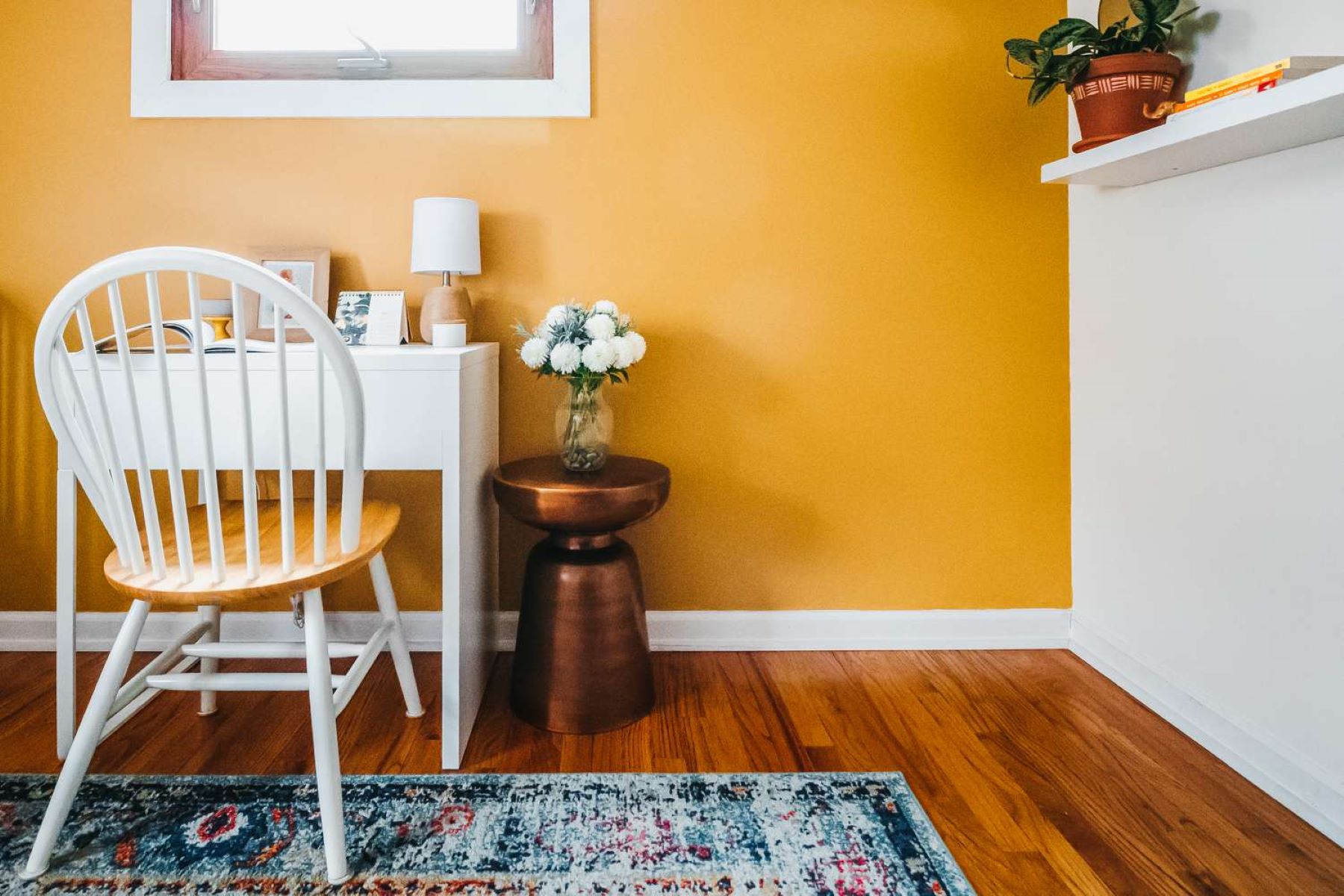
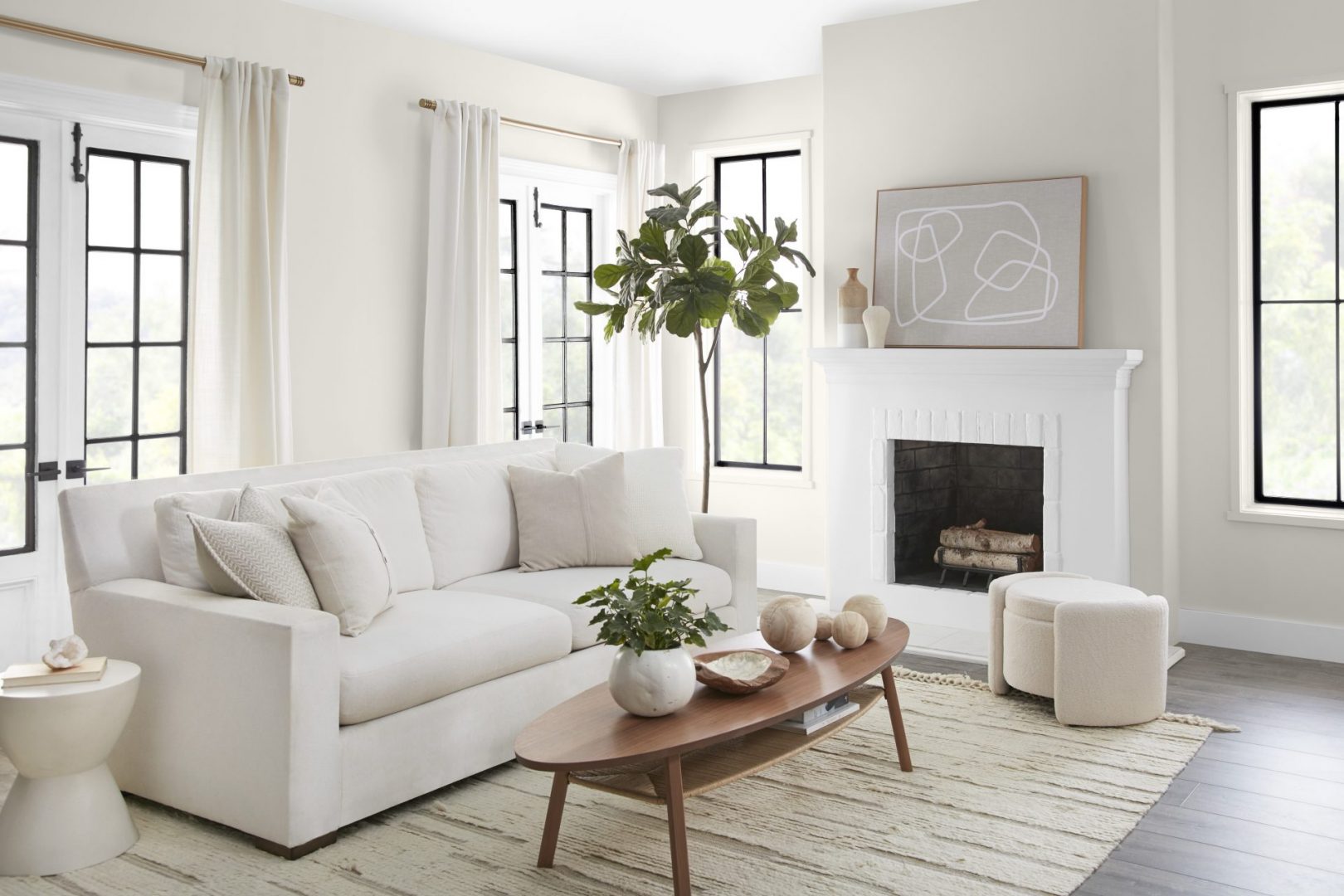
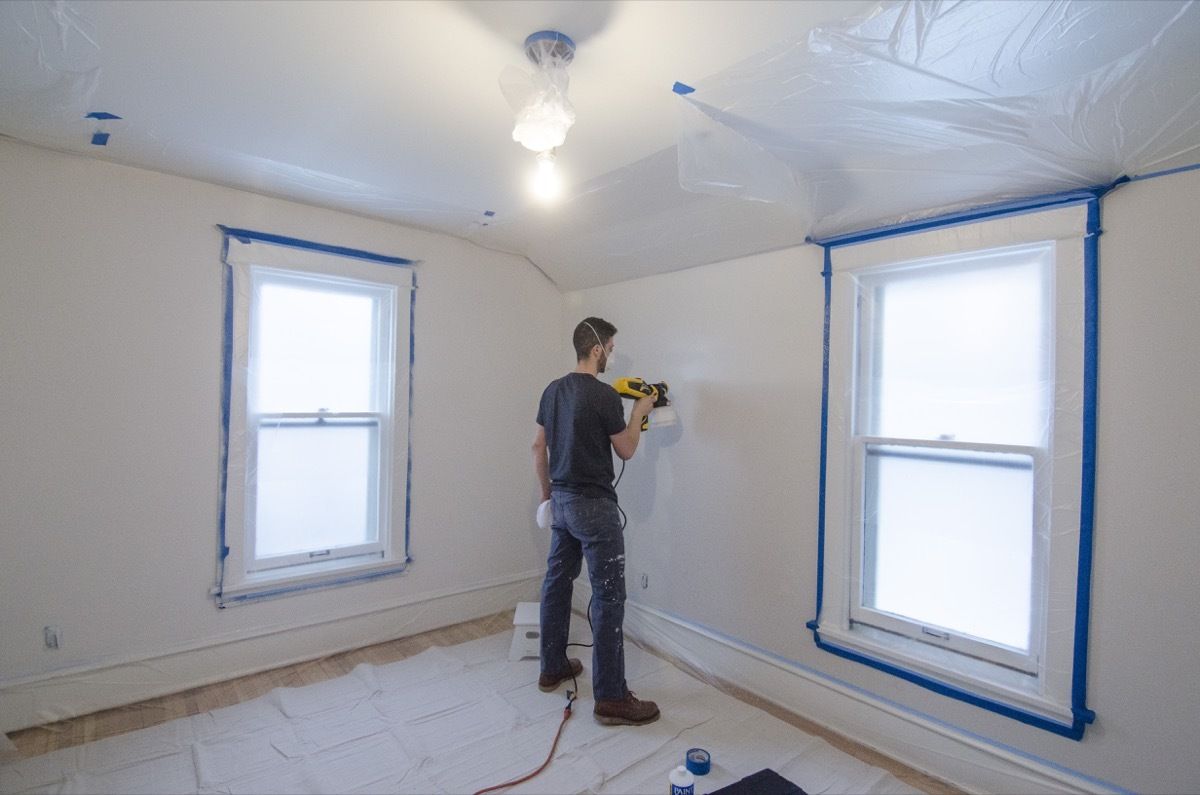
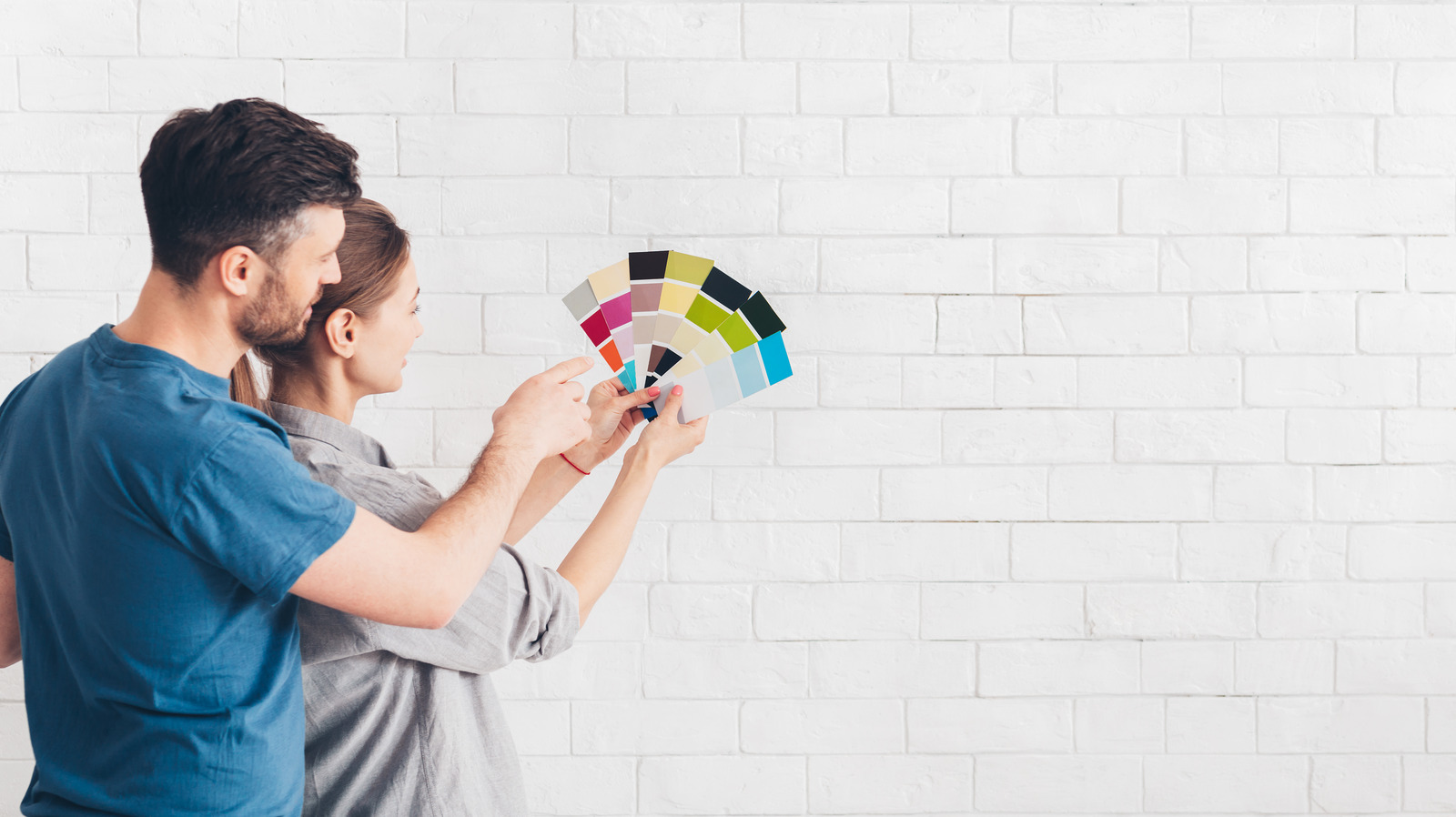
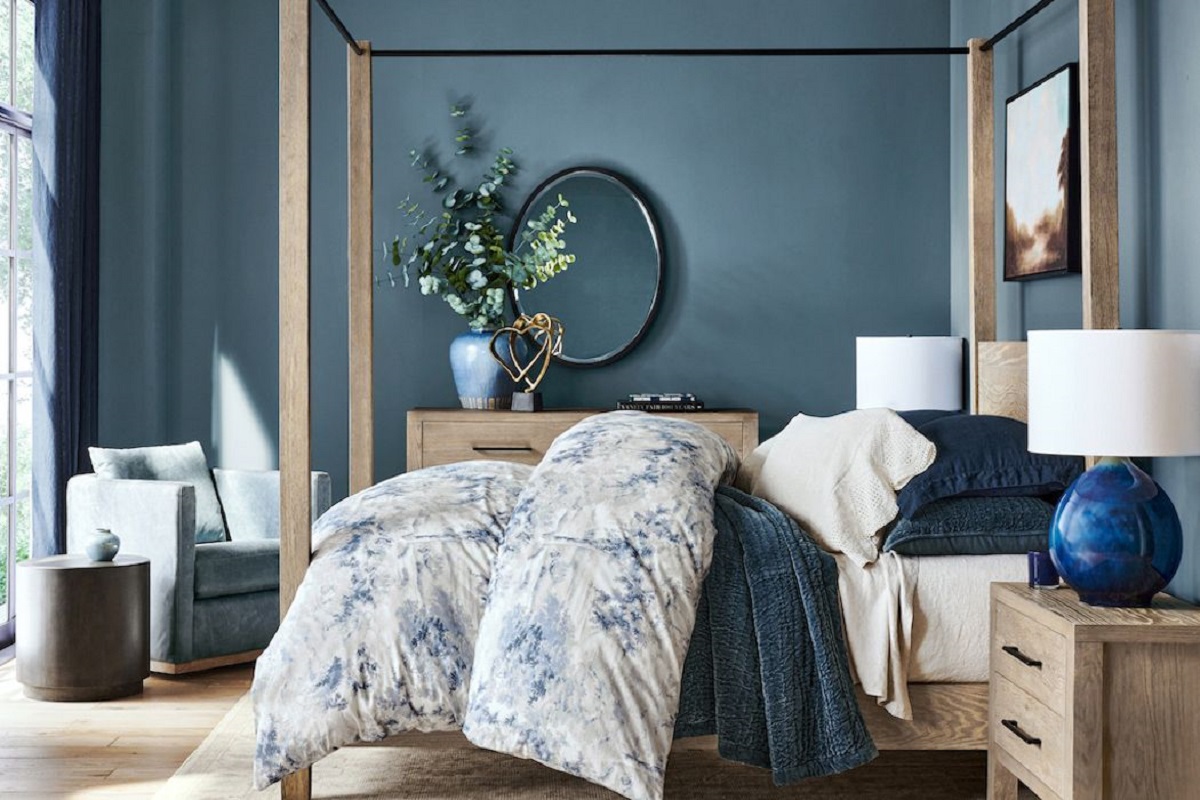
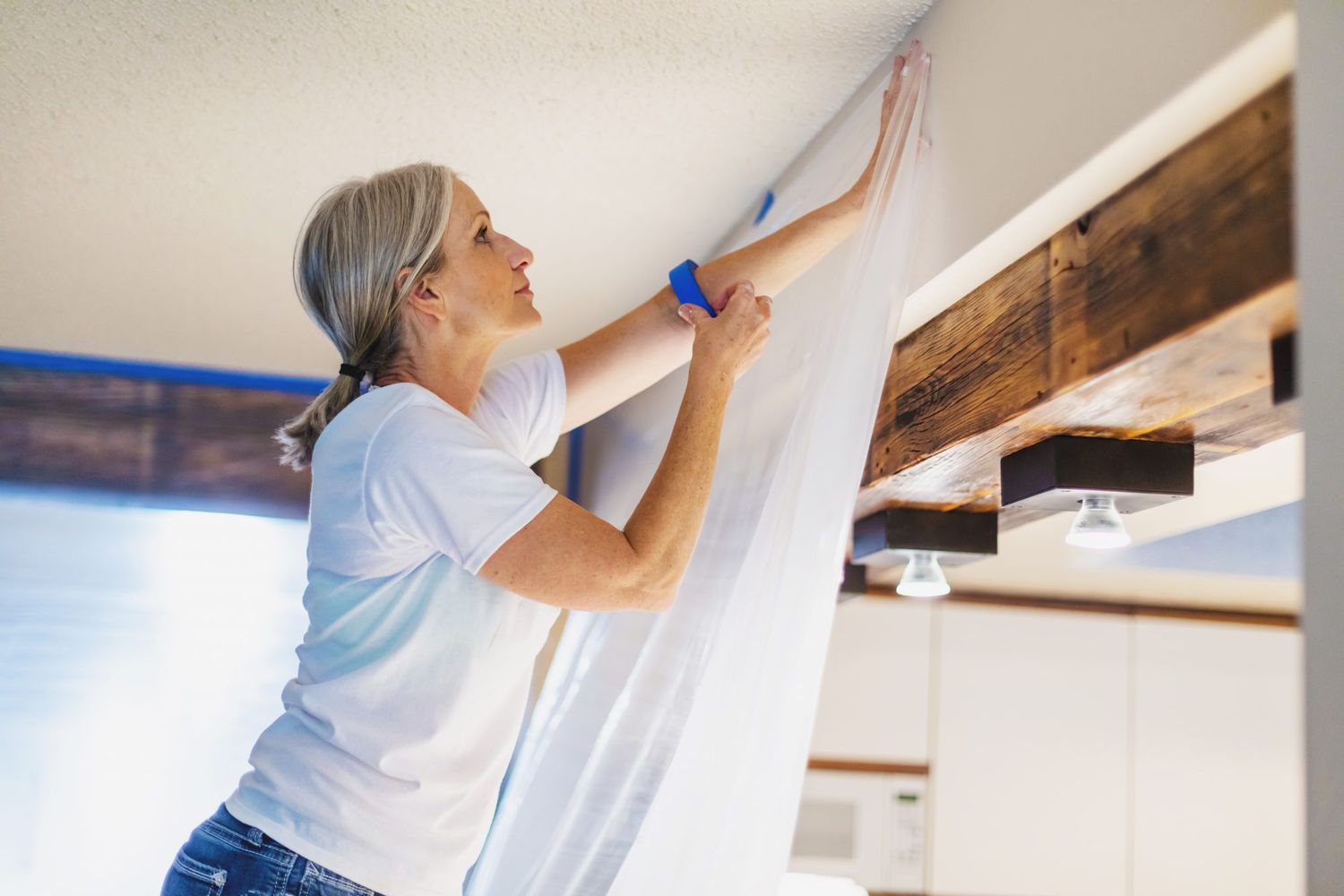
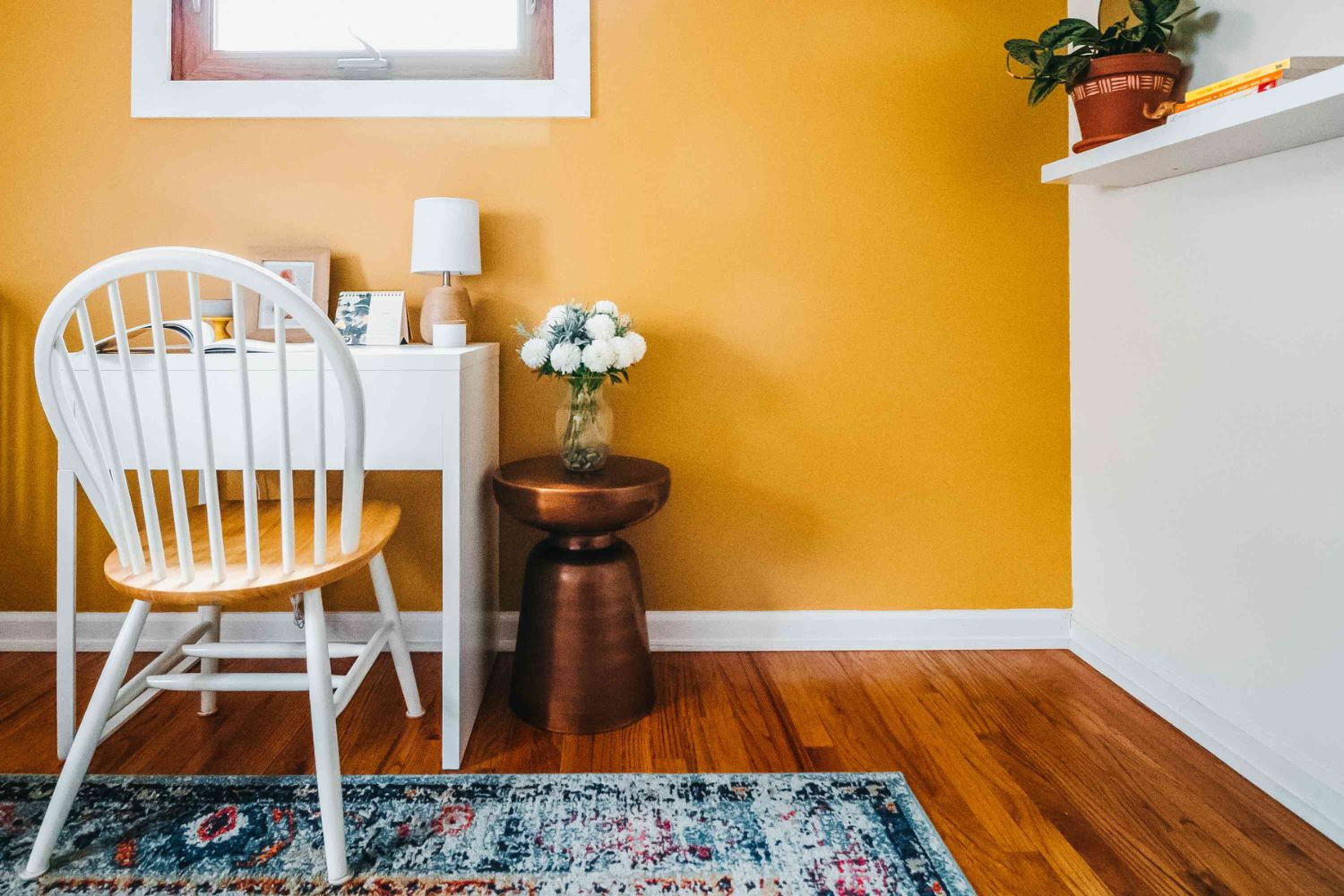
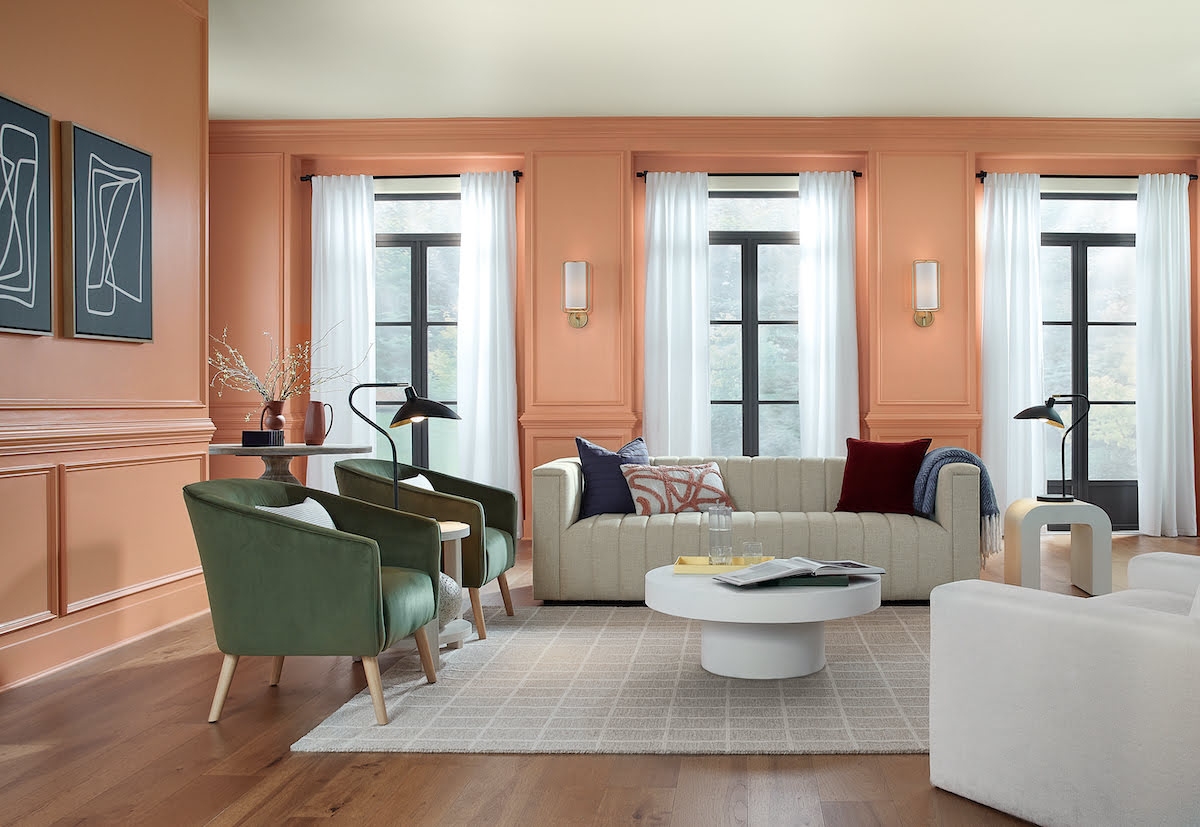
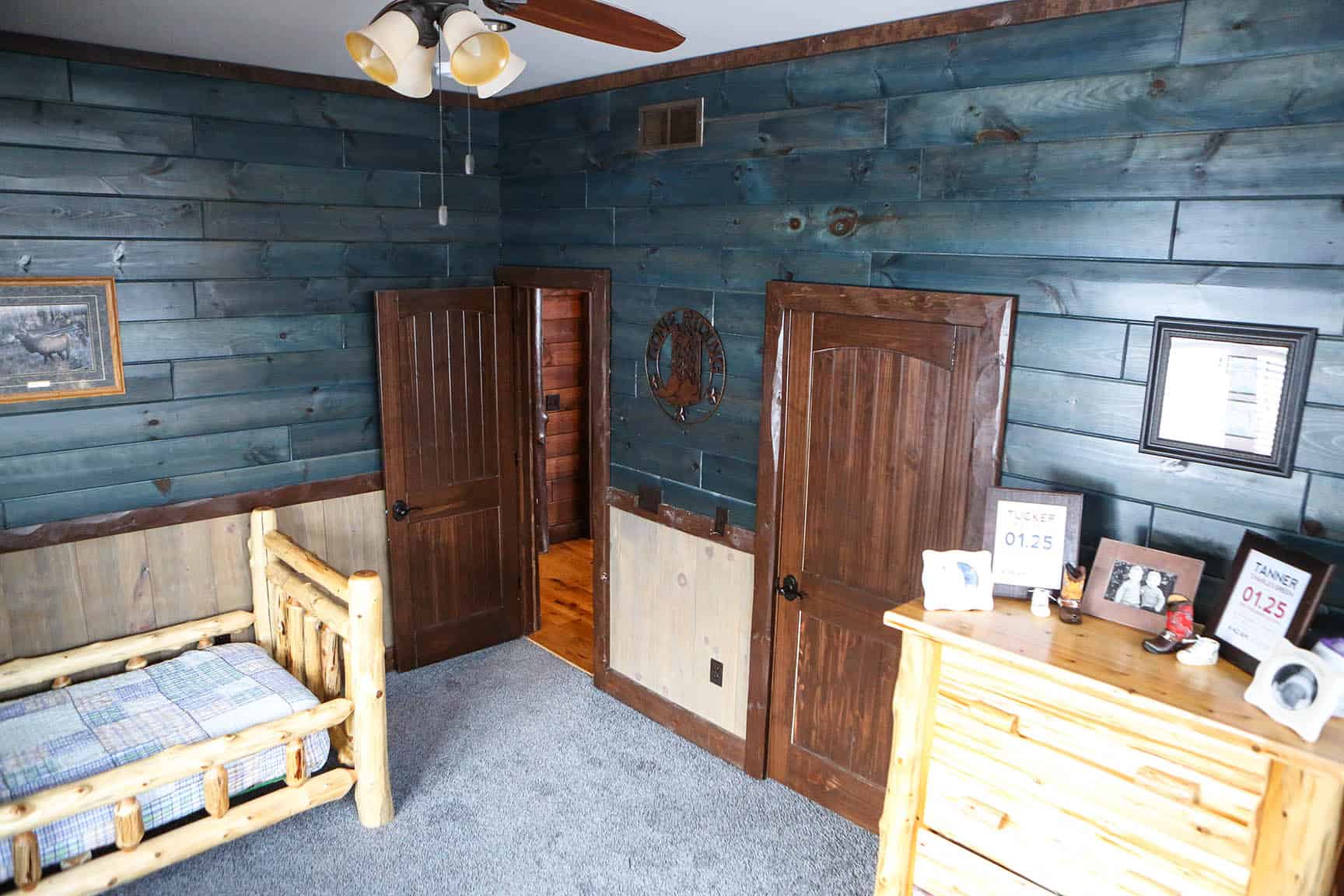
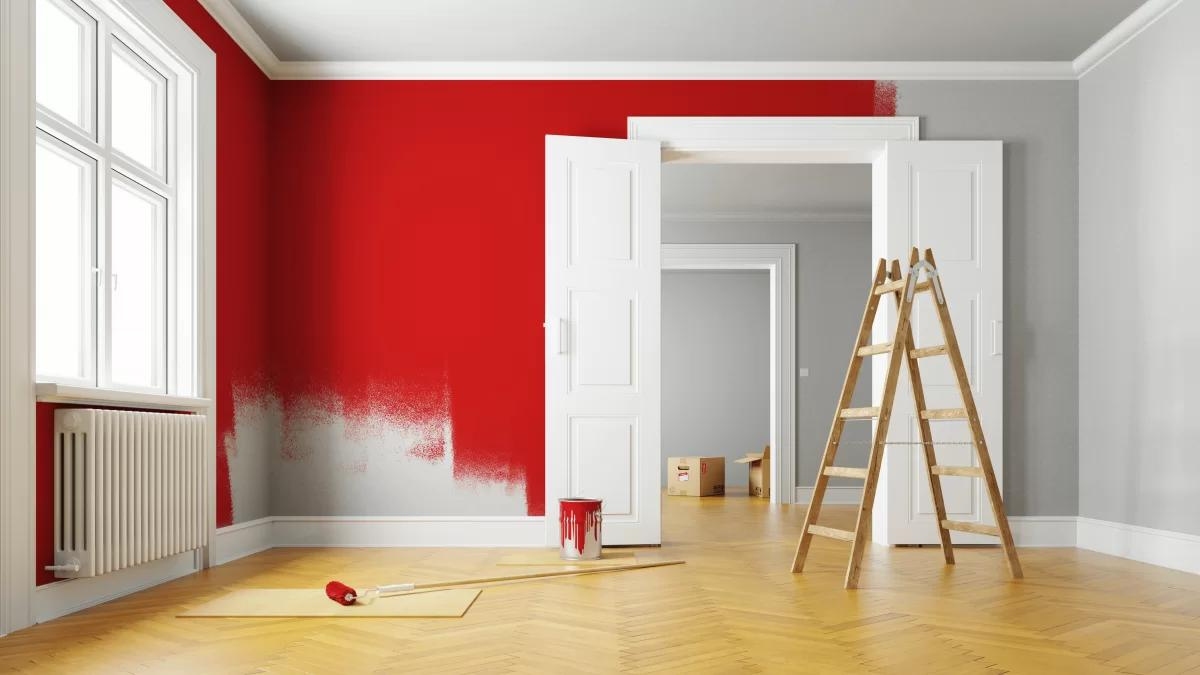
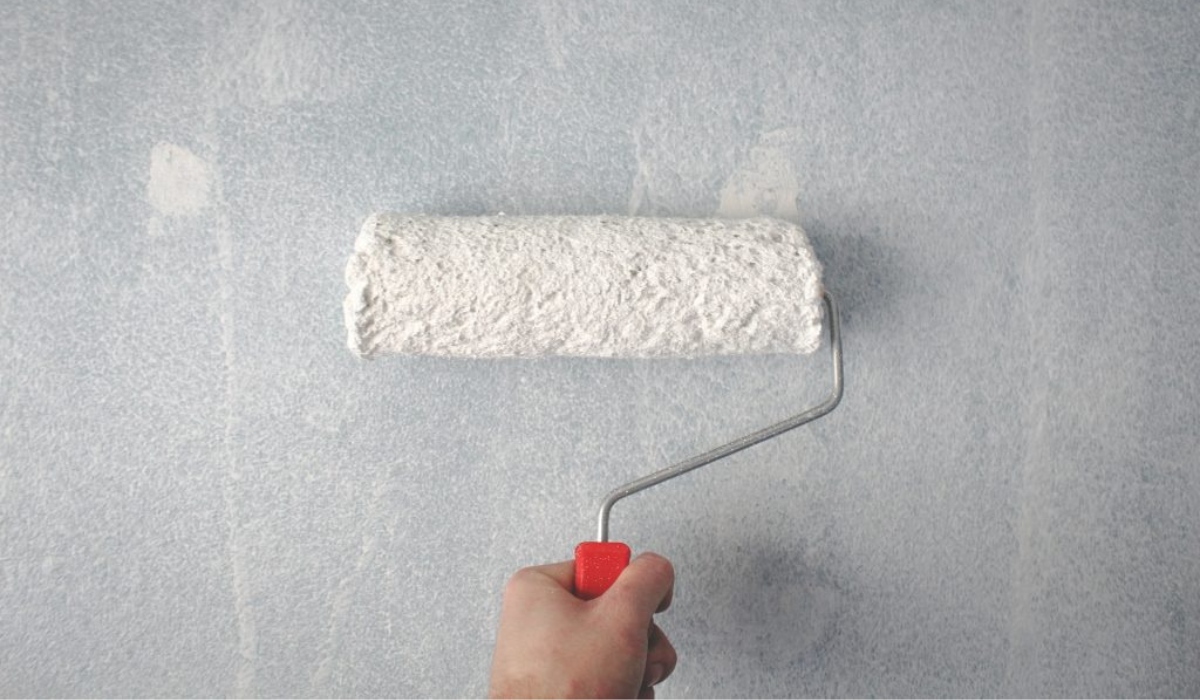
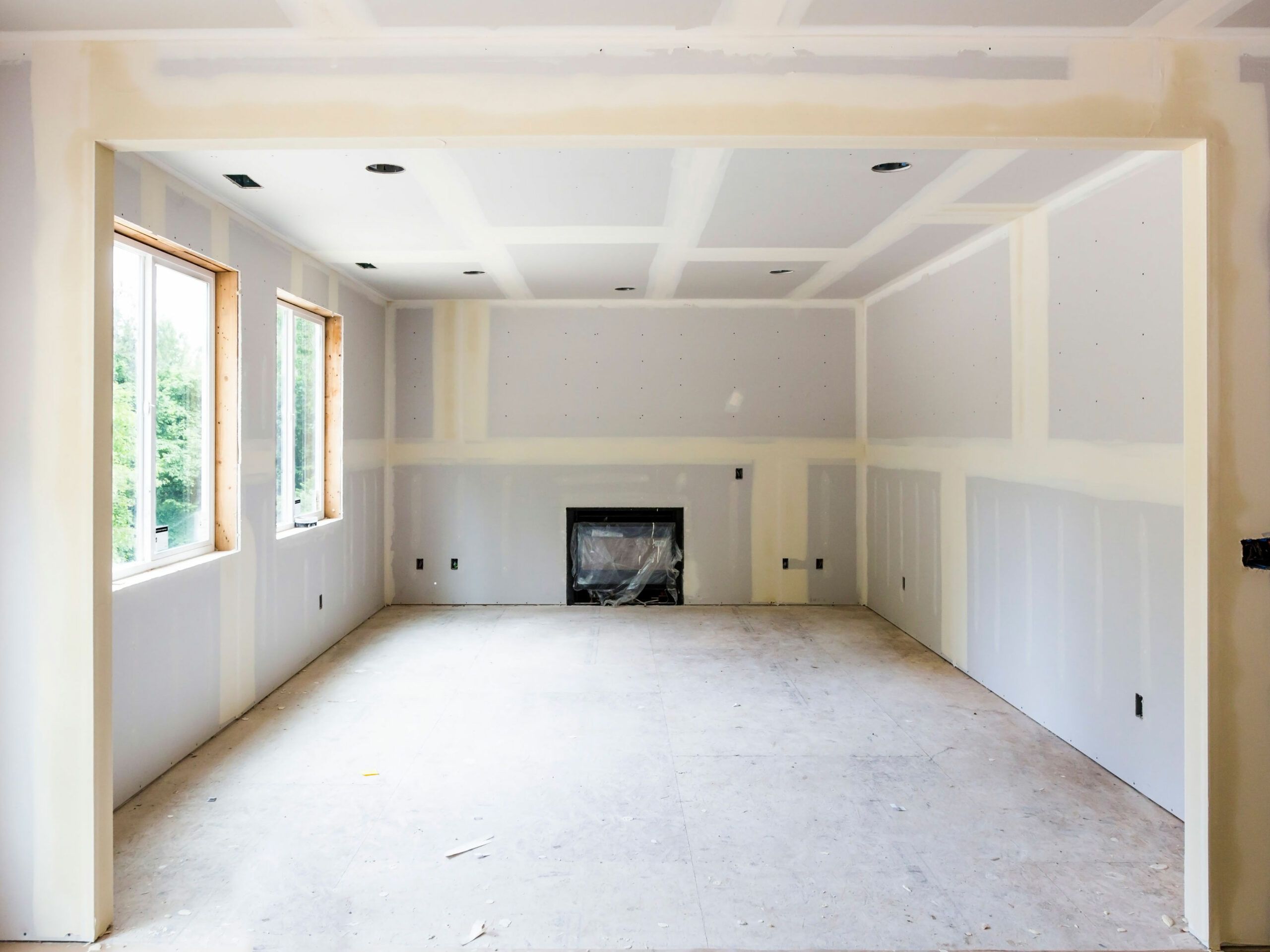
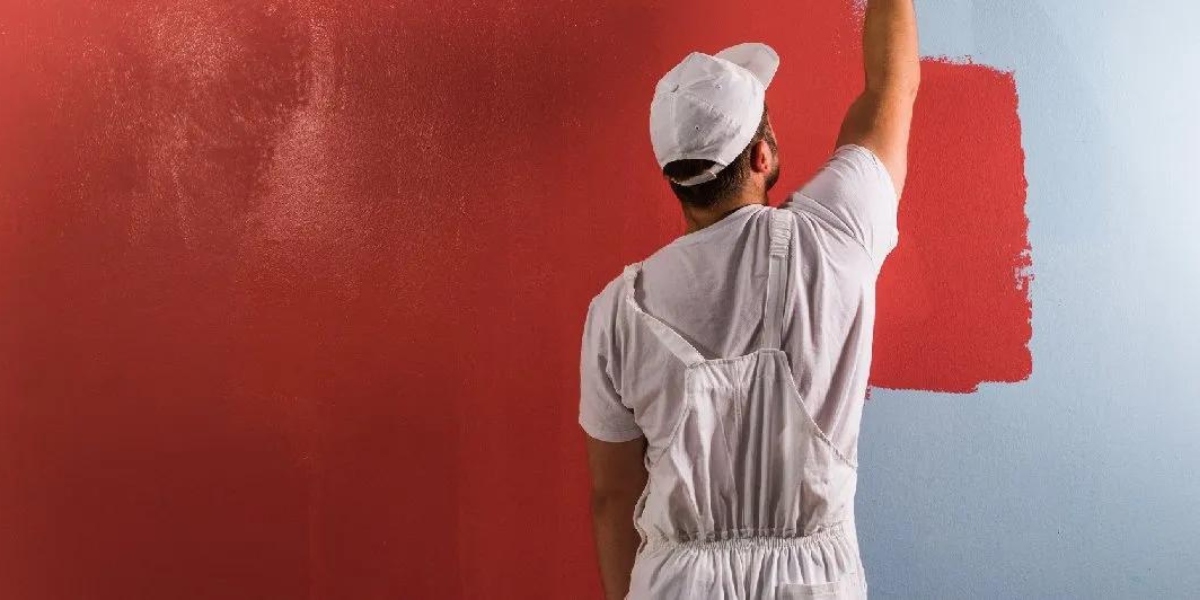
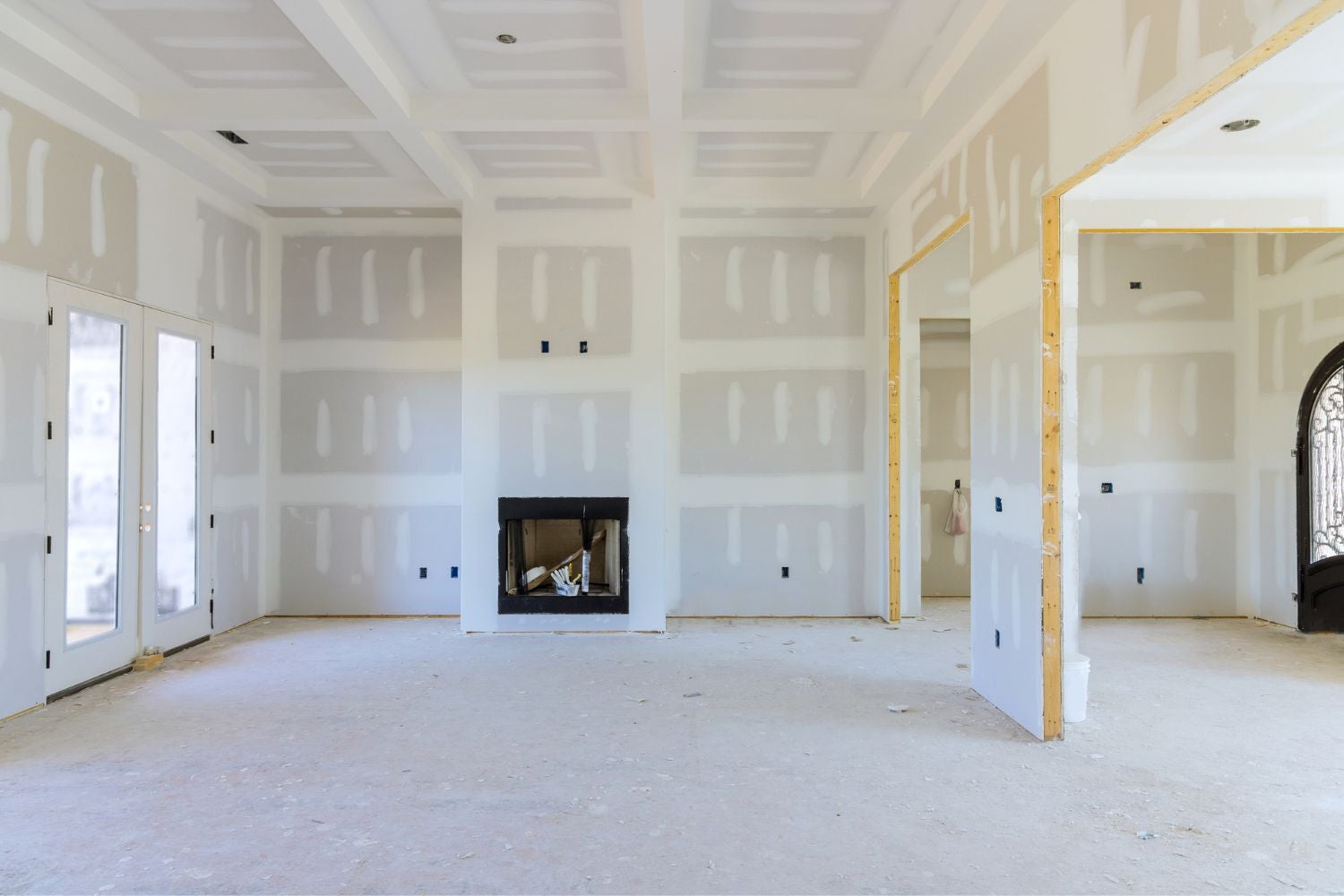

0 thoughts on “What Sherwin Williams Paint Is Best For Interior Walls”